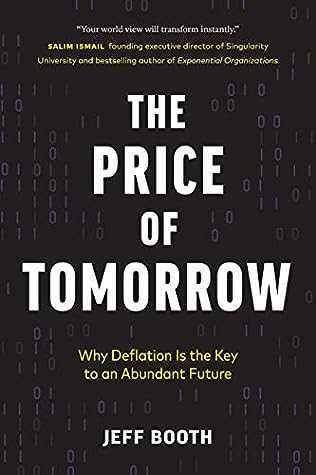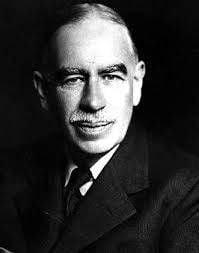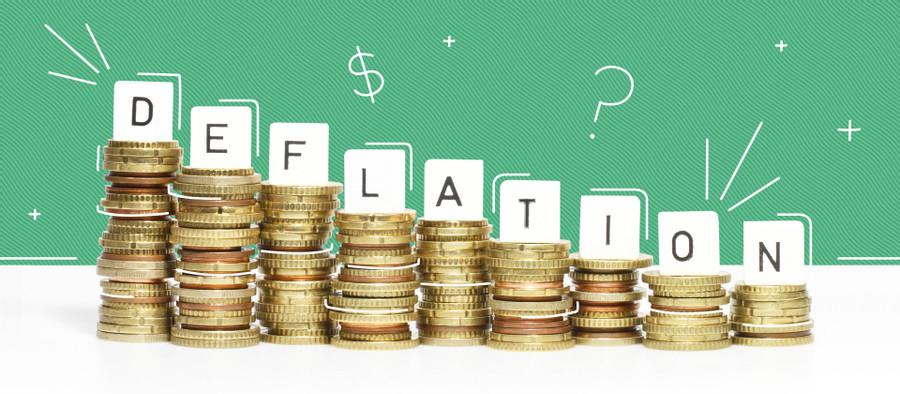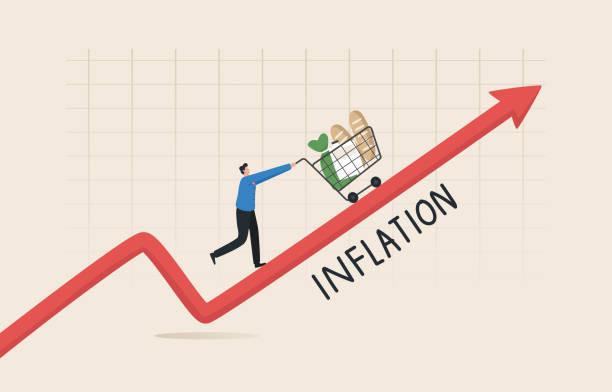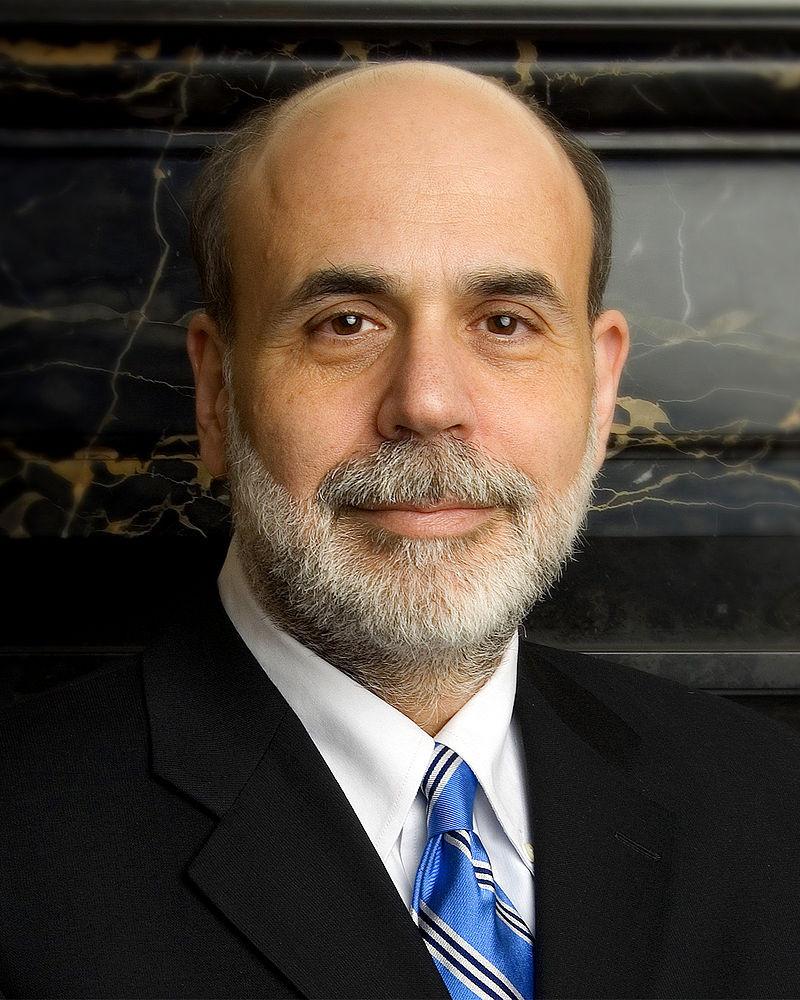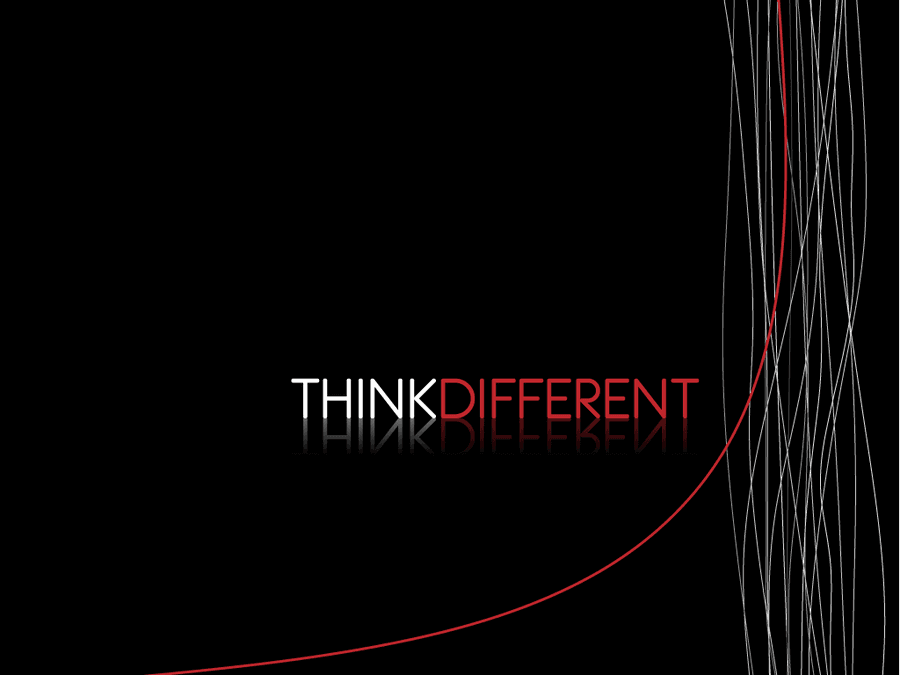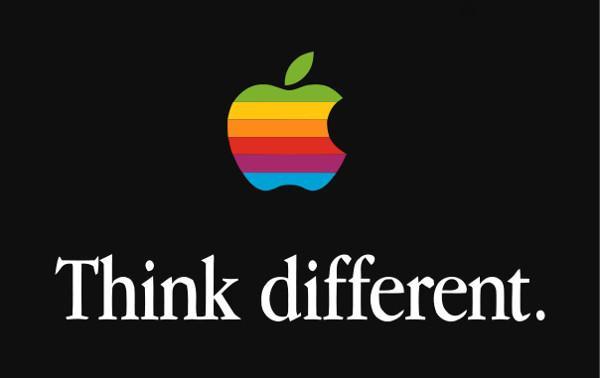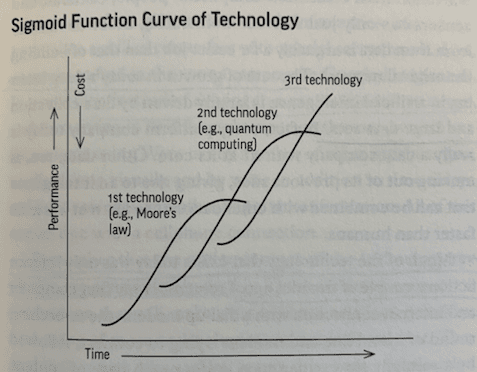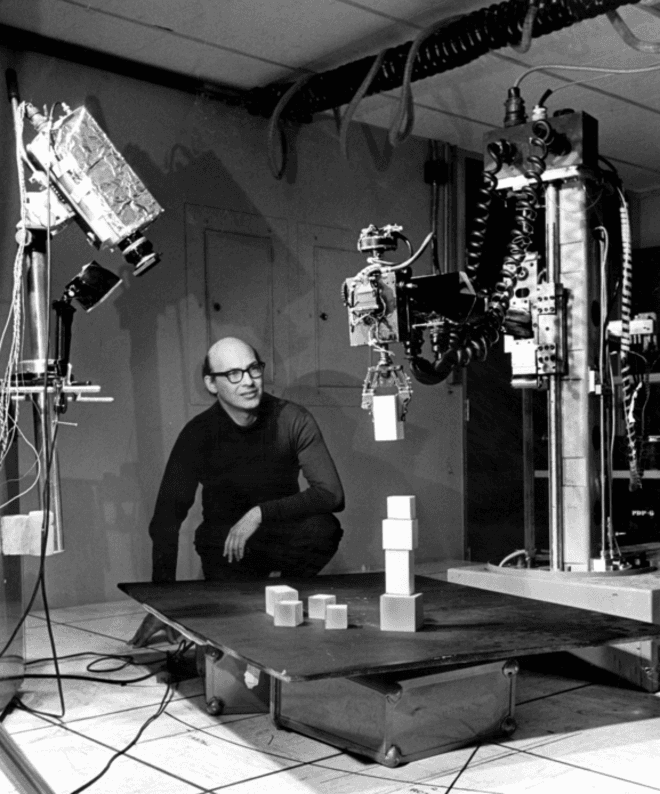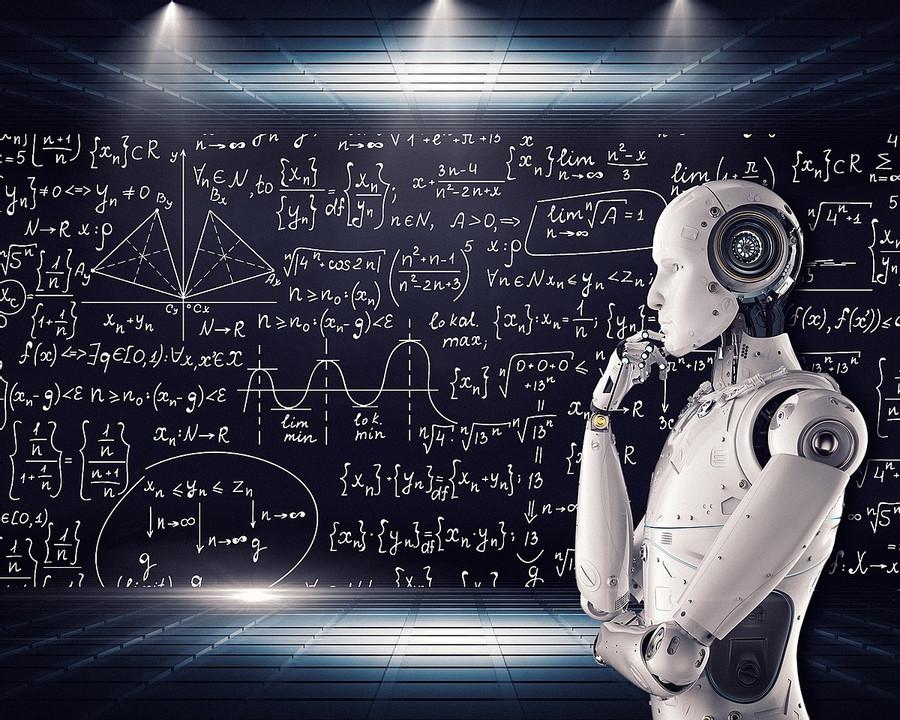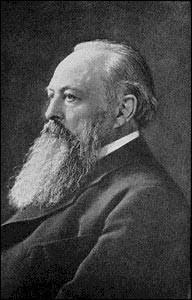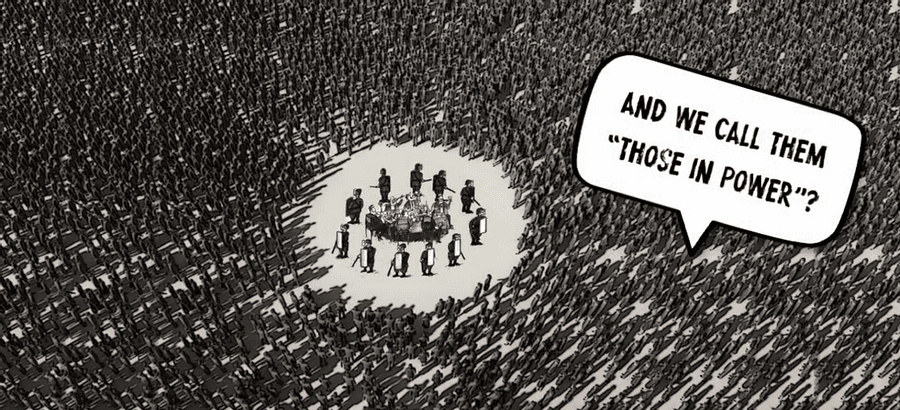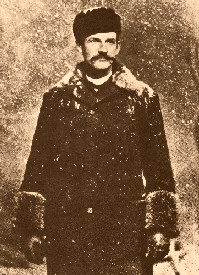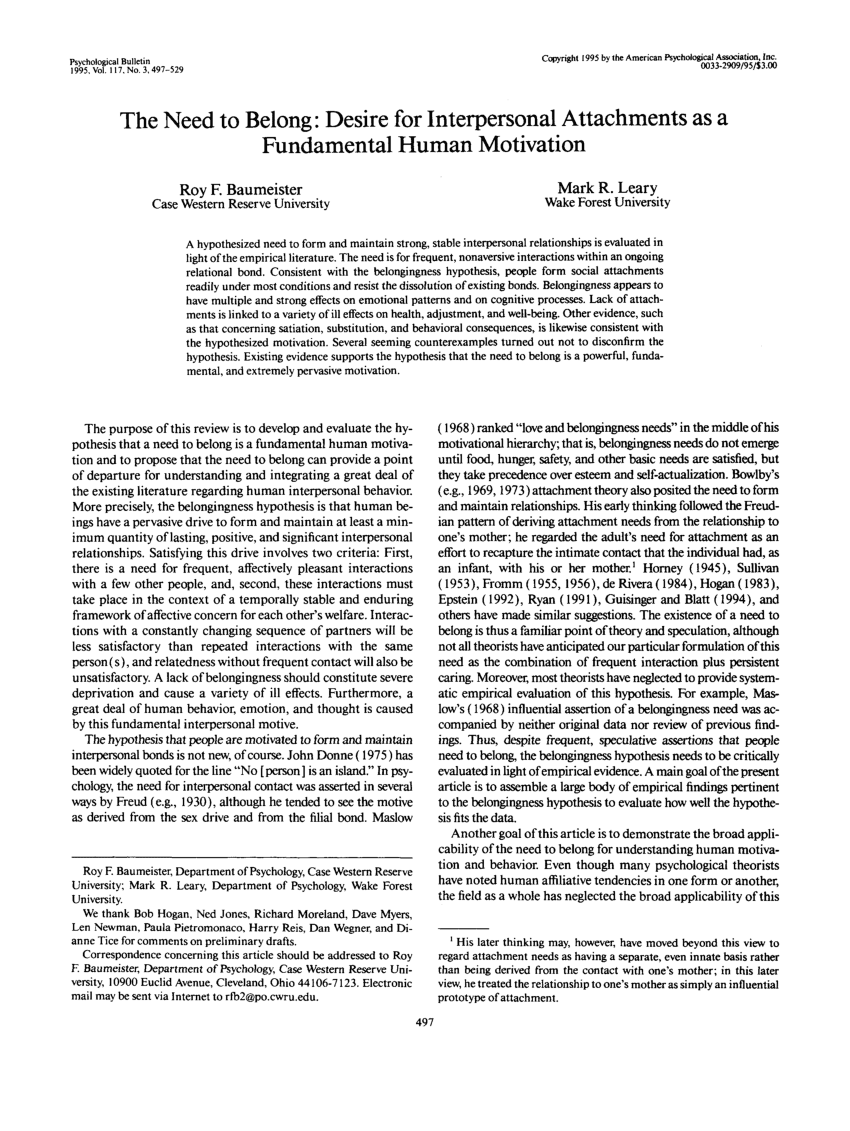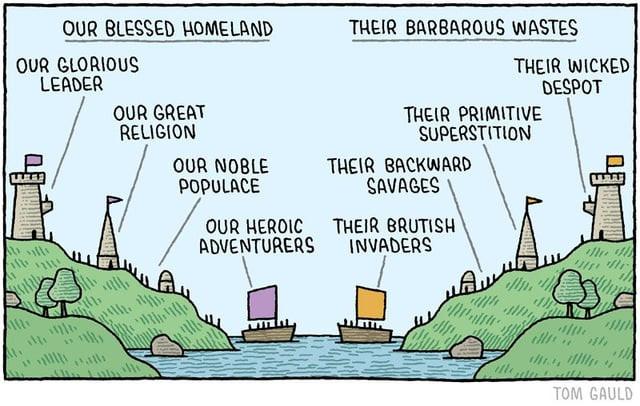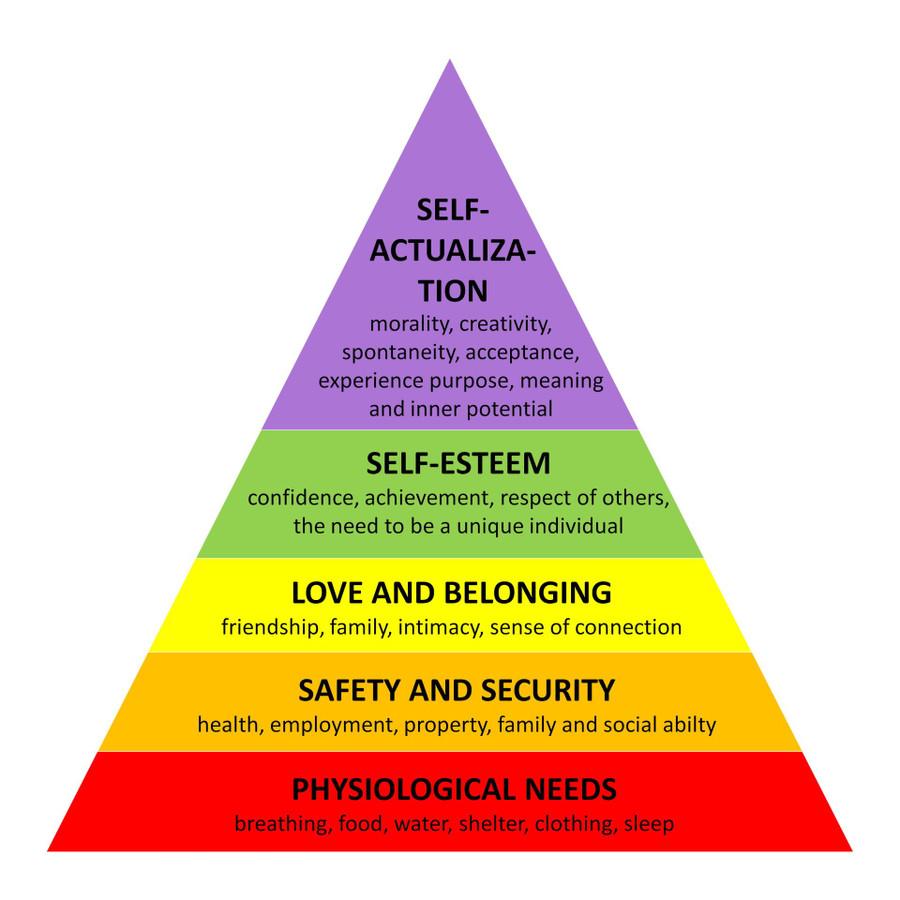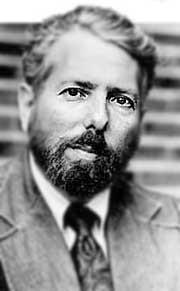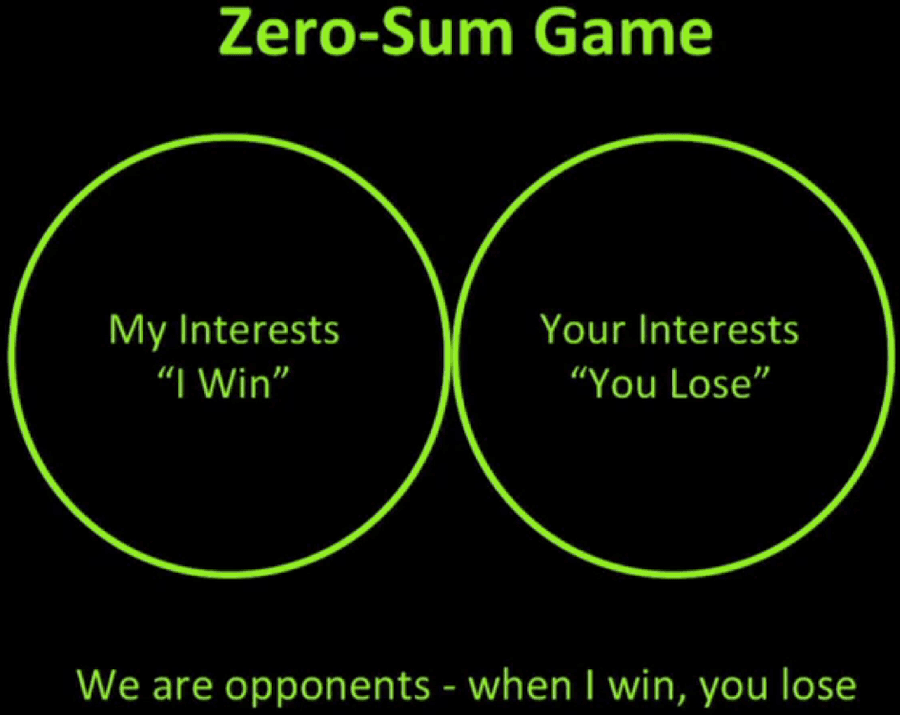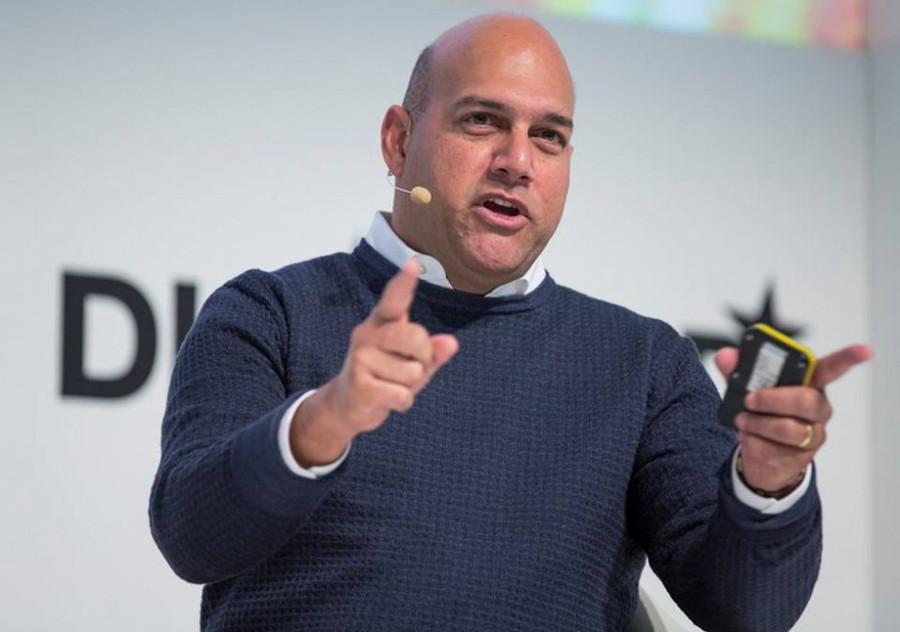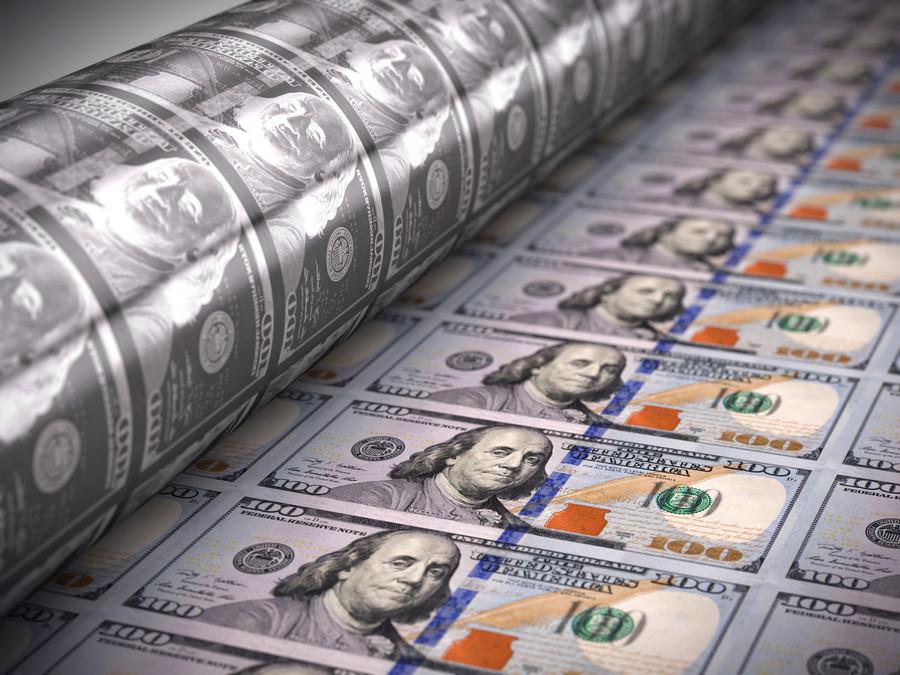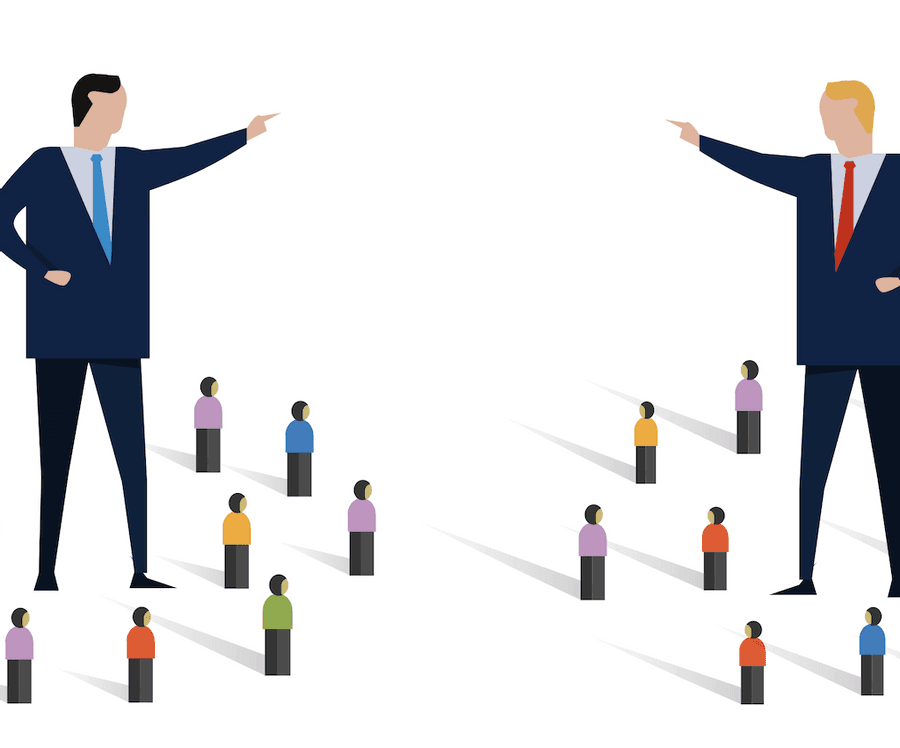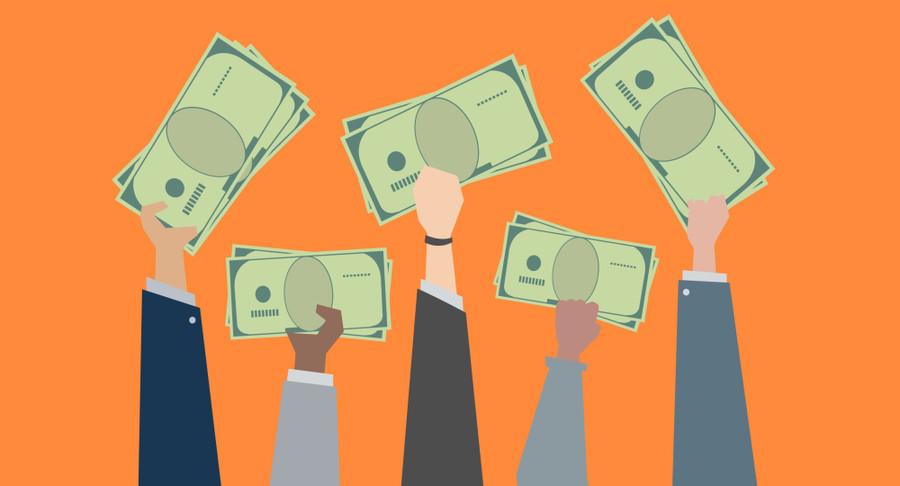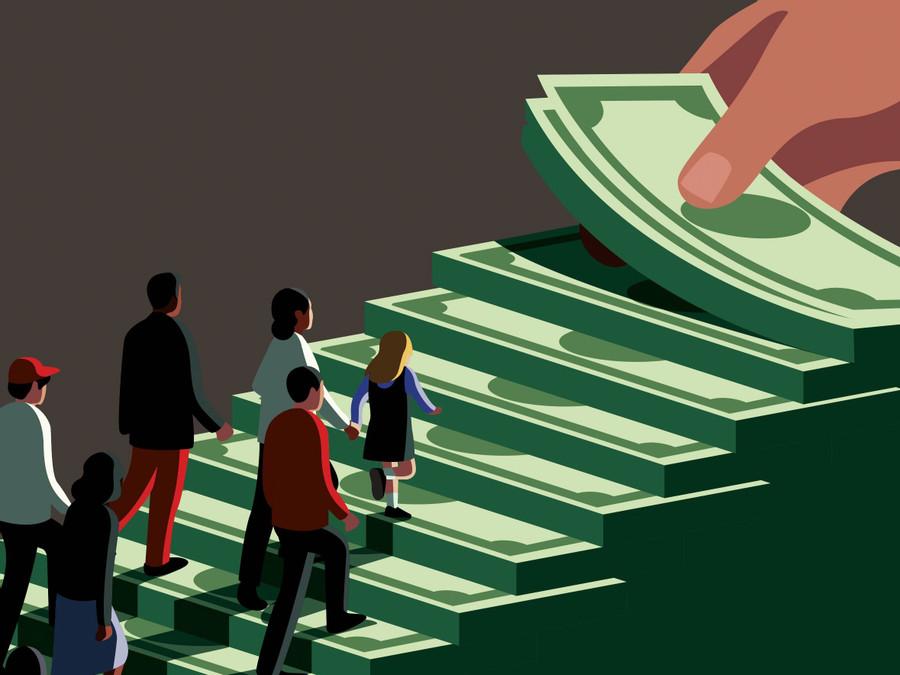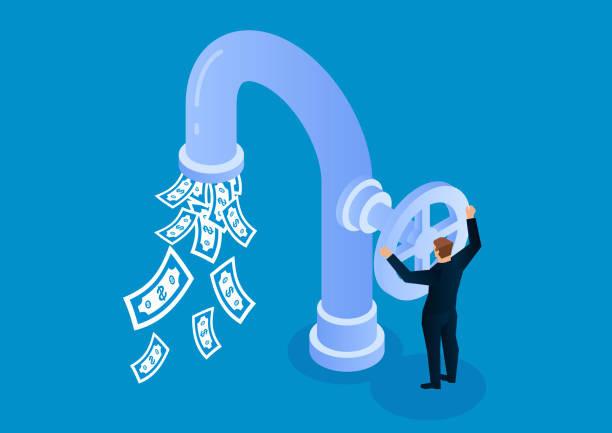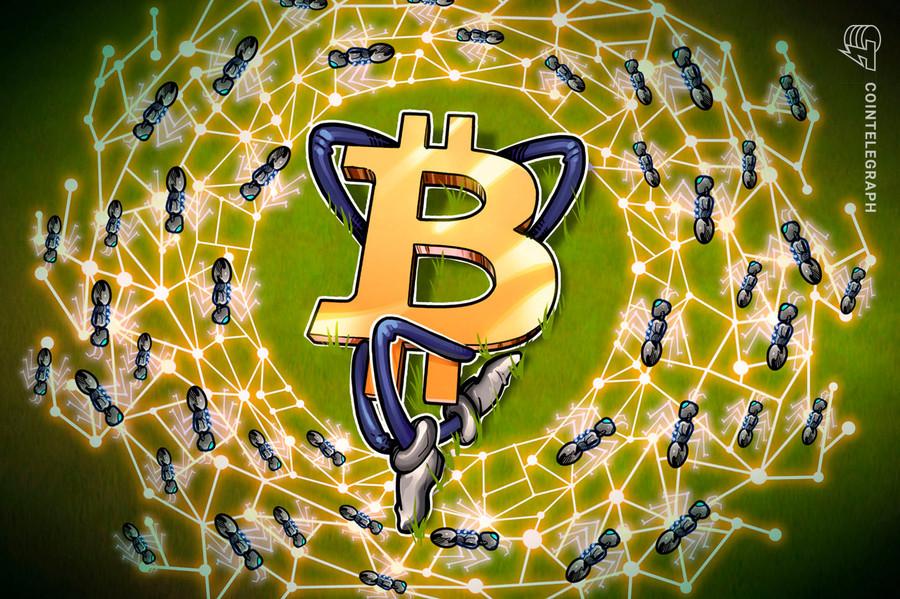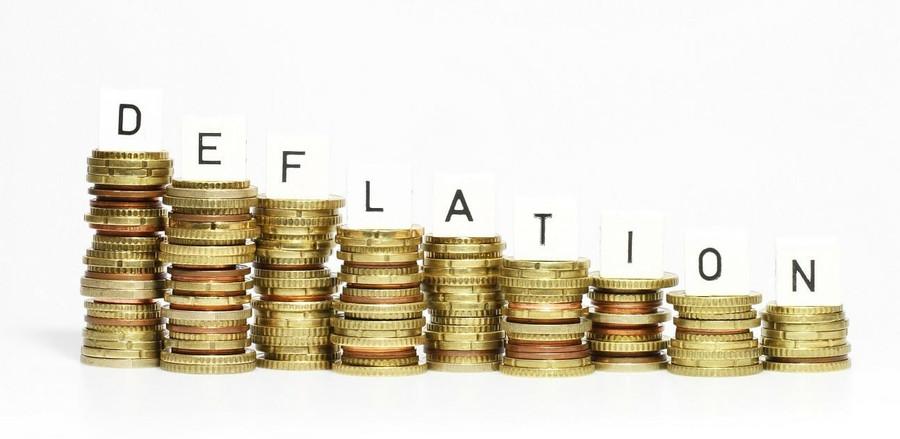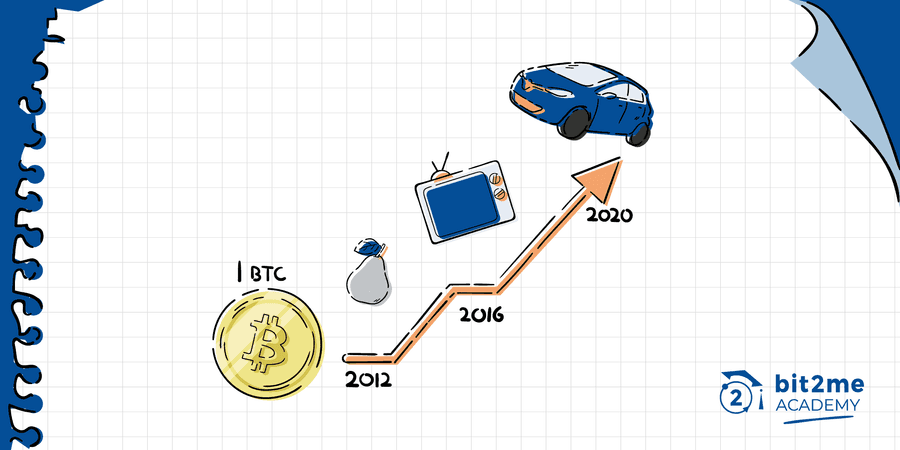Max Pamies i del Campo's Key Ideas from The Price of Tomorrow
by Jeff Booth
Ideas, facts & insights covering these topics:
41 ideas
·76.1K reads
127
4
Explore the World's Best Ideas
Join today and uncover 100+ curated journeys from 50+ topics. Unlock access to our mobile app with extensive features.
"The ideas of economists and political philosophers, both when they are right and when they are wrong, are more powerful than is commonly understood. Indeed the world is ruled by little else. Practical men, who believe themselves to be quite exempt from any intellectual influence, are usually the slaves of some defunct economist."
JOHN MAYNARD KEYNES
511
8.16K reads
Introduction: The End of Inflation
Technology is deflationary. Our economic systems were not built for a world driven by technology where prices keep falling. They were built for a pre-technology era when labour and capital were inextricably linked, an era that counted on growth and inflation, an era where we made money from scarcity and inefficiency. That era is over.
We're currently living in a fast-pace changing world. What works today won't work tomorrow. Technology is moving too fast and it will only move faster from here.
Growth is driven by easy credit, which is being created at a pace that is hard to comprehend.
503
5.21K reads
Inflation, Credit & Debt
All around the world we encounter with rising prices, but this rise in prices is artificially driven by an enormous rise in credit and debt.
Governments and central banks will do almost anything to stop deflation.
Debt combined with deflation is a toxic combination, because borrowers have to pay the same for their interest payments while earning less.
- Total debt in 2000: $62 T
- World economy in 2000: $33.5 T
- World economy in 2018: $80 T
- Total debt in 2018: $247 T
To achieve a $46 T of global growth it has taken approximately $185 T of global debt.
499
4.03K reads
2008 Crisis
Prior to the 2008 crash experts expected the world to continue in the manner in which they were accustomed. This didn't change until they were well past the edge of the cliff.
It wasn't housing itself that caused the 2008 bubble. If it hadn't been housing, it would've been somewhere else that easy credit was flowing to.
The continuing rise of debt that cannot be paid back was at the heart of any crisis. A bubble pops when people wake up and realize that the debt can never be paid off.
Then, credit is removed - and because easy credit was the main thing causing the run-up, assets collapse.
486
3.03K reads
459
3.57K reads
"We are in danger of a broad systemic collapse, and action needs to be taken urgently to head it off. We need the authority to spend several hundred billion." - September 18, 2088
BEN BERNANKE
456
3.34K reads
Creative Destruction
One of the pillars of capitalism is a free-market system. A near-constant flow of innovative entrepreneurs breaking monopolies and then themselves creating new ones.
The term "creative destruction" was coined by Austrian American economist Joseph Schumpether (1883-1950). In his vision of capitalism entrepreneurs are the disruptive force which sustains economic growth.
E.g. Blockbuster dominated the physical movie distribution, with over 9000 stores over the US. They had the monopoly, but they didn't see digital streaming coming. Then Netflix created and Blockbuster was destroyed.
479
2.63K reads
"Creative destruction doesn't happen at a steady rate over time. At certain points in history, there is more opportunity for entrepreneurs to create disruption."
JEFF BOOTH
465
2.84K reads
"Through economies of scale, the bigger a company was, the more buying power and leverage it had to squeeze out competitors. In contrast, a network effect exists when the value of a product or service gives more value to each user as the number of users increases."
JEFF BOOTH
468
2.21K reads
It's Hard to Think Differently
Our thinking is determined by our cognitive biases, resulting in us accepting information which fits our actual beliefs and refusing those which opposes our beliefs. Let's take a look to two common cognitive biases:
- Anchoring effect happens when our minds put too much weight on initial information when making decisions.
- Sunk-cost bias happens when you continue to invest time or money into something because of the time or emotion you already put in.
Cognitive biases fool us and trick our brain to keep a narrow thinking.
510
2.12K reads
"As we navigate our lives, we normally allow ourselves to be guided by impressions and feelings, and the confidence we have in our intuitive beliefs and preferences is usually justified. But not always. We are often confident, even when we are wrong, and an objective observer is more likely to detect out errors than we are."
DANIEL KAHNEMAN
476
1.95K reads
"Because the people who are crazy enough to think they can change the world are the ones who do."
APPLE - THINK DIFFERENT CAMPAIGN - 1997
482
2.32K reads
The Technology Boom
Progress within the technological field is constantly speeding up. This growth can be understood through Sigmoid Function Curve of Technology which works as follows.
S curves resemble an S shape where growth is first quite slow, then exponential, and then it slows before reaching another step change, which creates the new S of the exponential rate before slowing again.
It is almost incomprehensible to imagine how much technology speeds up and what will happen next.
Let's see technologies that will enter mainstream in the near future:
- Self-driving cars
- VR & AR
- Additive manufacturing & 3D printing
485
1.64K reads
Energy Nowadays
Let's take a look to the first and second laws of thermodynamics:
- First law states that energy cannot be created or destroyed and that the total amount of energy in the universe must remain the same.
- Second law states that energy always moves from higher to lower concentrations,heat dissipates.
The actual energy industry is based on an inefficient route which consumes lots of energy and resources until the final energy is obtained.
This inefficiency makes energy a more expensive resource than it should be.
Fossil fuel plants are still running despite polluting and being in heavy losses.
468
1.52K reads
Solar Energy
Solar energy changes everything. With the actual technology the surface area required to generate all of our needed energy is 496,805 square km.
The price per watt with solar energy has dropped from $256 in 1954 to 82 cents today.
With the creation of a more efficient way of acquiring energy, costs are dramatically reduced and therefore production of any technology becomes cheaper.
With a transition to a cleaner energy source like solar energy we also reduce environmental pollution. And not only that, cheap energy will allow us to remove carbon dioxide from our environment efficiently.
465
1.33K reads
"In from three to eight years, we will have a machine with the general intelligence of an average human being."
MARVIN MINSKY
454
1.61K reads
The Future of Intelligence
Nowadays most of the success in AI is really machine learning or "narrow" artificial intelligence, not general purpose AI. But while it is easy to dismiss narrow AI and believe in our own superiority, AI that can beat humans at different domains has enormous implications. At one point, instead of training AI, we won't be needed.
Bayesian method states that you can learn any problem as long as you had a starting probability and enough cycles to update the probabilities.
Our Intelligence, as computers and AI is based on error correction and refinement of hypotheses through iterations.
465
1.35K reads
490
1.56K reads
Who Will Be the Masters?
The future will be ruled by those who hold the keys to AI and technology. Within this race for power we distinguish different actors:
- Public entities such as governments.
- Private corporations such as Google and Huawei.
Depending on who holds the power the interests may vary, for some actors privacy is a must and for others it is control.
Information and knowledge have been expanding exponentially as we build on past learnings and as we improve our technology. Soon - perhaps already - that rate of growth will be too fast for our own minds to keep pace. [...] Then who will be the masters?
467
1.28K reads
"Watch your thoughts, they become words;
watch your words, they become actions;
Watch your actions, they become habits;
watch you habits, they become character;
watch your character, for it becomes your destiny."
FRANK OUTLAW
560
2.22K reads
"The need to belong is a powerful, fundamental, and extremely pervasive motivation, much of what human beings do is done in the service of belongingness."
ROY BAUMEISTER AND MARK LEARY
471
1.7K reads
Us Versus Them
Our need of belongingness is inherent to us, as humans we are constantly categorizing ourselves and others into groups. F.e. nationality, religion, job, personality...
Groups don't necessarily need to be formal, we can belong to hundreds of groups, from your friends' group to a nation that you are proud to call home.
These differentiatons in our minds are often about being not only different but better in some way. Those groups make us stand out by saying, "I'm like this, those people are like that." "Here is why you and I belong, why we understand each other."
471
1.24K reads
The Power of Understanding Needs and Desires
In 1943, American psychologist Abraham Maslow proposed a theory that all humans possess a hierarchy of needs from basic need to self-actualization: some needs were more important than others, and needs on one level must be satisfied before the next can be addressed.
Understanding needs and desires and then targeting them is at the heart of persuasion. This work by Maslow helped propel marketing and communications in countless industries and brands.
Advertising and marketing deliberately play on our desires and biases to guide our thoughts, therefore influencing our decisions.
480
1.11K reads
"Ordinary people, simply doing their jobs, and without any particular hostility on their part, can become agents in a terrible destructive process. Moreover, even when the destructive effects of their work become patently clear, and they are asked to carry out actions incompatible with fundamentals standards of morality, relatively few people have the resources needed to resist authority."
STANLEY MILGRAM
466
1.12K reads
The Prisoner's Dilemma
You and a friend are caught by police for committing a crime together. The time in prison for the crime are ten years. Police hold you in separate cells with no communication possible.
They don't have enough evidence to charge you with a more serious crime, but they do for a lesser crime which will have you both spending one year in jail.
To convict you or your friend with the more serious crime, the police will need either your or your friend's confession.
The police come into your room and tell you the following:
462
1.05K reads
- If you confess and your friend does not, you will go free. You will spend zero years in prison and your friend willl get the full ten years.
- If you both confess, you will each get five years in prison
You must assume that they are about to give your friend the same offer or already have. What should you do?
Prisoner's dilemma is one of the most famous examples in game theory. It is an example of a non-zero-sum game, where the actions of each player could make their combined situation better without taking from each other.
469
1.12K reads
A World of Self-interest
Despite being just a hypothetical situation, prisoner's dilemma reflects in an accurate how we tend to behave. Oftentimes the decisions that are best for us are at odds with each other.
We can see some examples of this:
- Drugs or doping in sports: if no one uses them those who best train are awarded, if any athlete cheats he can get caught and exploit the fair results.
- Military spending: if no country had an army that'd mean no war, but if just one country had an army it could rule the world.
468
1.04K reads
"Now consider all the things technology is, and will soon be, making abundant. Things that are incredibly valuable but because of abundance fall in price precipitously.
In a world where technology is concurrently driving deflation and abundance, maybe eventually, one of the forcing functions that makes cooperation more likely to stick is the very fact that there will not be a large economic incentive to "cheat" or "betray" - abundance minimizes the payoff.
Or maybe we should attempt to create an economic system that works that way."
JEFF BOOTH
460
982 reads
"Every company that was designed to have success in the twentieth century is designed to fail in the twenty-first century."
SALIM ISMAIL
463
1.13K reads
How to Escape Debt Crises?
According to Ray Dalio there are only four levers governments can pull to escape debt crisis:
- Austerity - spending less
- Debt defaults/restructuring
- The central bank printing money or other guarantees
- Wealth transfer - much higher taxes for the rich
Because of deflation, austerity would create a vicious feedback cycle and a collapse in asset prices, combined with lower employment that'd result in debt defaults or restructuring. Because of that, lever 1 and lever 2 are inextricably linked.
Both levers are extremely painful for society to bear in the short term, hence why dialogue on them is avoided.
466
956 reads
Printing Money & Other Guarantees
In this scenario we have continued low or negative interest rate environment, central bank printing, modern monetary theory, or other guarantees to keep the party going.
The greatest irony of this camp is that it has the highest belief in a free-market economy and capitalism but at the same time doesn't realize that free-market capitalism is not what is happening today.
In the short term, this approach can be successful because people feel richer, until the bill is due.
Soner than later we'll realize that the only thing driving our economies is the explosion of debt.
469
864 reads
Higher taxes on the wealthy, guaranteed basic income
This line of thinking in politics is the liberal/socialist/communist camp. It goes by the principle that the system should be fair for the disadvantaged, so we must tax the wealthy more to pay for the services to the poor.
One of the more prominent proposals in this camp is universal basic income. The idea is simple in premise: raise taxes on the wealthy to give a minimum basic income, whether people work or not, topping people up if they work to a maximum amount but also not requiring them to work for their wage.
457
835 reads
Determining the right amount of basic income differentiated for needs becomes difficult to reasonably achieve.
The most important problem with the solution is simply this: it does not deal with the root cause.
Deflation is being caused by technology and, because of that, it will ride the same exponential wave technology does. That means that the rate of deflation (without printing more money) will only accelerate from here.
The abundance that technology provides us doesn't require net new jobs around the world. It obliterates the work and the jobs we already have.
464
820 reads
Who Controls the Money?
Since global debt is already so high and expanding quickly, a reset of debt is needed in any truly viable solution.
Controlling the value of money can lead to abuse of power - especially if the currency is underlying other currencies.
A system that is controlled by one nation and is the backbone of all other currencies might work for a time, until the country's domestic issues force it to unilaterally deliver economic benefit to the nation in control of the currency while hurting all others.
Example of this is when the US in 1971, unilaterally terminated the conversion of the US dollar to gold.
463
829 reads
Bitcoin as Solution
Bitcoin (and other cryptocurrencies) is an attempt at a solution. The promise of Bitcoin was to create a system that was decentralized in nature, unable to be manipulated by anyone - including governments.
With Bitcoin limited supply to twenty-one million Bitcoins tries to fix unlimited printing money problem.
It creates a peer-to-peer ledger without any central control: the blockchain.
As an open, distributed ledger, it offers security and trust by verifying transactions with consensus instead of through a central authority.
464
857 reads
The Simple Solution
Occam's razor states: a simpler solution is more likely to be correct than a complex one.
What if, instead of trying to stop deflation at all costs, we embrace it? As technology spreads, deflation happens at the rate it should. Deflation becomes something celebrated because it means that we are getting more for less. We allow ourselves to accept abundance.
As technology removes jobs and fewer overall jobs are needed, prices will keep falling, allowing those who lose jobs a way to share in the benefit of technology abundance without massive transfers of wealth.
469
845 reads
If technology-driven price declines continue to the point of something becoming free, we let that happen too. People will no longer have to be on an endless treadmill to pay for things that are constantly rising in price.
Prices of all things would fall, yes, but those creating value would be paid for their value creation - at a rate that matched the new realities of supply and demand and our digital world. And those who lose out in our societies would be less at risk.
Central banks and governments won't let this happen, but who knows if Bitcoin will surpass their power with a network effect...
464
809 reads
"A currency only holds value because of the deemed trust we have in it. Beyond that, it is just a piece of paper with faces and numbers on it."
JEFF BOOTH
464
940 reads
"Asking big questions is sometimes more powerful than the solution itself because it inspires knowledge of the world to solve it and, as such, brings diverse ways of solving problems."
JEFF BOOTH
463
1.03K reads
IDEAS CURATED BY
Business Administration and Management Student | Blockchain, DEFI & Web3 | Social Worker | "Fix the money & fix the world."
CURATOR'S NOTE
In this brilliant book, Jeff Booth explains his vision of the near future with the influence of technology on it.
“
Max Pamies i del Campo's ideas are part of this journey:
Learn more about crypto with this collection
How to create a diversified portfolio
How to analyze stocks and bonds
Understanding the basics of investing
Related collections
Discover Key Ideas from Books on Similar Topics
8 ideas
Scattered Minds
Gabor Maté, MD
7 ideas
Why Love Hurts
Eva Illouz
13 ideas
Working to Restore
Esha Chhabra
Read & Learn
20x Faster
without
deepstash
with
deepstash
with
deepstash
Personalized microlearning
—
100+ Learning Journeys
—
Access to 200,000+ ideas
—
Access to the mobile app
—
Unlimited idea saving
—
—
Unlimited history
—
—
Unlimited listening to ideas
—
—
Downloading & offline access
—
—
Supercharge your mind with one idea per day
Enter your email and spend 1 minute every day to learn something new.
I agree to receive email updates
